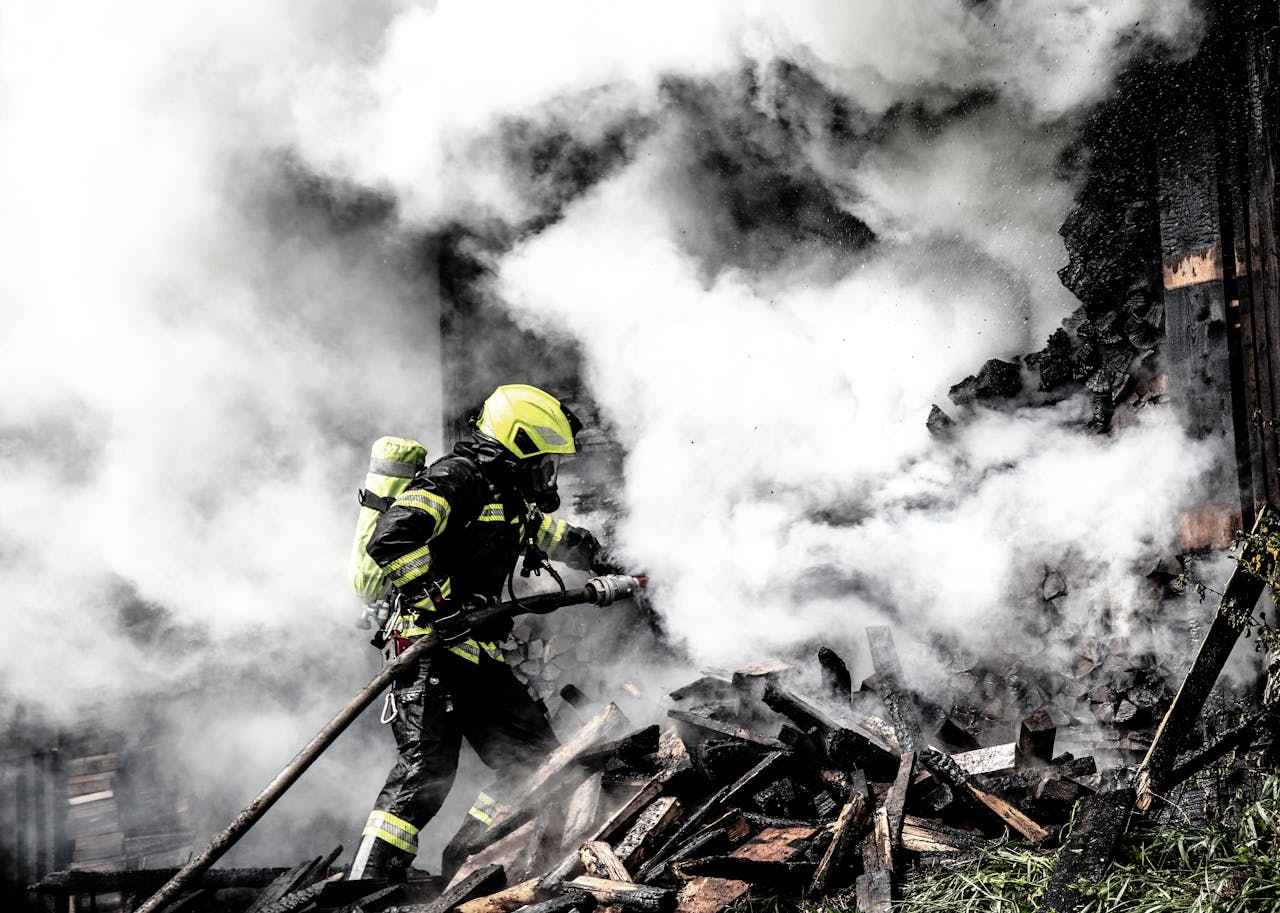
Over 70% of the global workforce faces the likelihood of being exposed to health risks, including death, due to climate change, said a new report by the International Labour Organisation (ILO).
According to the report Ensuring safety and health at work in a changing climate, climate change is already having a serious impact on the safety and health of workers globally cause hundreds of thousands of death.
They added that the ongoing occupational safety and health protections are inadequate in addressing these risks. The report suggests that more than 2.4 billion workers out of the global workforce of 3.4 billion are at risk of exposure to excessive heat during their work, based on 2020 figures.
Moreover, in this report, the ILO estimates that 18,970 lives and 2.09 million disability-adjusted life years are lost annually due to the 22.87 million occupational injuries, which are attributable to excessive heat.
“However, the impact of climate change on workers goes well beyond exposure to excessive heat,” the report explains. Therefore, creating a “cocktail of hazards”, which results in a range of dangerous health conditions. These include cancer, cardiovascular disease, respiratory illnesses, kidney dysfunction, and mental health conditions.
“It’s clear that climate change is already creating significant additional health hazards for workers,” said Manal Azzi, OSH Team Lead at the ILO.
In the agriculture sector alone, over 870 million workers are likely to be exposed to pesticides, with more than 300,000 deaths attributed to pesticide poisoning annually.
The ILO has estimated around 15,000 work-related deaths every year due to exposure to parasitic and vector-borne diseases.
“It is essential that we heed these warnings. Occupational safety and health considerations must become part of our climate change responses – both policies and actions. Working in safe and healthy environments is recognised as one of the ILO’s fundamental principles and rights at work. We must deliver on that commitment in relation to climate change, just as in every other aspect of work,” added Azzi.
Many countries have already put into place new laws to specifically address excessive heat in the working environment. These legislations vary between countries, but they could also include medical surveillance, occupational disease lists, occupational exposure limits (OELs), training and information, risk assessment, and workplace preventive measures.
Last year, the organisation highlighted the “urgently implement OSH measures for all workers impacted by climate-related risks and extreme weather events, addressing the consequences on mental and physical health and promoting safe and healthy working environments.” They had proposed that a tripartite meeting on OSH in extreme weather events and changing weather patterns be organised.
However, targeted policies at the national level alongside effective workplace preventive measures to protect workers from the serious impacts of climate change, remain to be needed.
These include excessive heat, extreme weather events, exposure to hazardous chemicals, air pollution, and infectious diseases, among others.
“There is an urgent need to address these escalating threats, through the integration of climate and environment concerns into OSH policy and practice at all levels, as well the mainstreaming of OSH concerns into climate change action. This is crucial to protect the safety and health of workers and contribute to the ultimate goal of advancing social justice for all,” said the report.